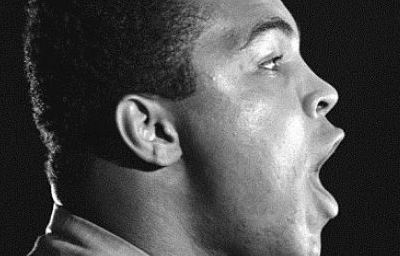The prejudice suffered daily by LGBTs is not restricted to their clothing, or even sexual orientation. It is linked, above all, to the mannerisms and timbres of the voice. Research carried out by the University of Surrey, in the United Kingdom, proved what we have known for a long time: effeminate homosexuals and masculinized lesbians, whether in their mannerisms or the way they speak, are overlooked for jobs. According to the study, if a person's voice sounds “gay” or “lesbian” it is enough to be discriminated against at work. To reach this conclusion, participants heard through a loudspeaker a person say something basic like “Hi, I'm Mark and I'm 32 years old”, then they saw a photo of the person who was speaking. Afterwards, the interviewees were asked about things related to employment, such as, for example, each speaker's salary and whether he or she would be promoted to a higher position. Half of the voices were previously modified to sound like gay or lesbian voices. The reason: the research was carried out based on stereotypes, so to achieve the result it was necessary to make some voices in thinner, more feminine tones so that they sounded like an effeminate gay man, or lower tones to sound like a masculine lesbian. “We discovered that straight men tended to choose less the owners of voices that seemed to be homosexual than those that sounded straight,” said Fabio Fasoli, one of those responsible for the study. “It could be that they preferred to interact with a straight speaker or wanted to avoid gay-sounding ones – the results could be interpreted both ways,” he concluded. The same experiment carried out among heterosexual women did not indicate discrimination because of the voice of the would-be job candidate, whether they were heterosexual or homosexual.



